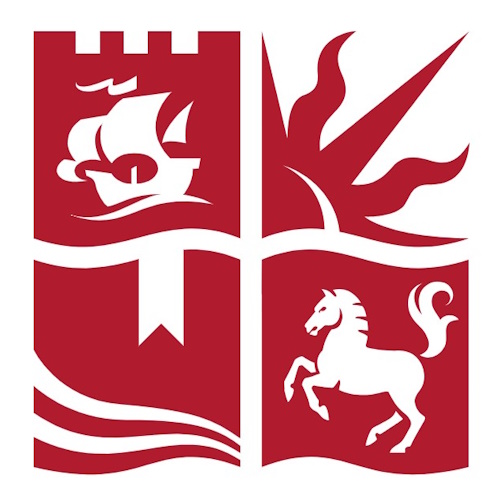Key points from article :
Britain has launched a £225 million AI supercomputer called Isambard-AI in Bristol. It will help researchers develop tools like disease-detecting models for cows, wearable early-warning systems for police, and better skin cancer detection for brown skin. Built with 5,400 Nvidia chips, the machine runs 100,000 times faster than a laptop and costs nearly £1 million monthly to power, mostly using nuclear energy.
University of Bristol teams are training models on it to track human motion from wearable cameras. These models aim to predict crowd behaviour and prevent workplace accidents by analysing movement patterns in real time. Professor Dima Damen explains the system can alert when something unusual is likely to happen in the next two minutes, but stresses the need for transparency in how AI makes decisions.
Another Bristol group is filming cows in Somerset around the clock. They are training a model to spot early signs of mastitis by tracking subtle behaviour changes in the herd. This would save farmers time and improve animal health by catching illness before physical symptoms appear.
AI researchers are also using Isambard to uncover racial bias in popular mole-checking apps. James Pope’s team found these apps work better on lighter skin. With further testing, this could lead to fairer tools for everyone.
The UK government hopes the supercomputer boosts AI innovation in public research, not just private tech. However, it also raises ethical concerns about AI's role in public policy, policing, and livestock management.
The research is led by University of Bristol scientists and funded by the UK government. No journal is mentioned, as these projects are ongoing and still being developed.







